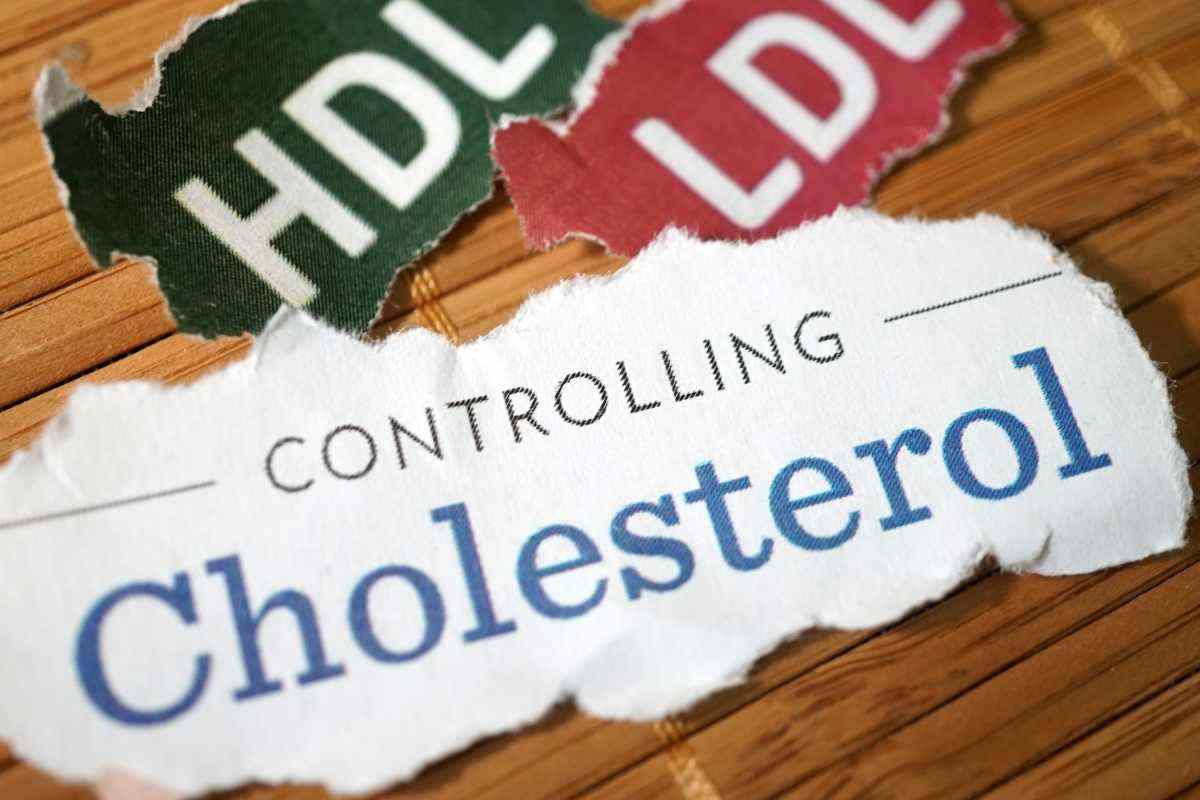A new breakthrough in the treatment of high cholesterol has been discovered, offering hope to millions of people suffering from heart and cardiovascular diseases. A new form of gene therapy called base editing has shown promising results in a revolutionary study conducted on people with extremely high cholesterol.
The experiment, conducted on 10 participants with an inherited condition that causes high levels of LDL, or “bad,” cholesterol, showed that a single infusion of the gene-editing treatment can reduce cholesterol significantly. The participants, who were already suffering from heart disease despite taking cholesterol-lowering drugs, showed promising results after receiving the treatment.
The gene-editing treatment, which aims to permanently lower cholesterol by changing a gene in the liver, has the potential to provide a longer-lasting and more effective option for treating hereditary high cholesterol. This could be a game-changer for the approximately 3 million people in the United States and Europe who suffer from familial hypercholesterolemia.
Preliminary results of the study were presented at the annual meeting of the American Heart Association, showing reductions of up to 55% in LDL cholesterol levels in the participants who received the highest dose of the treatment. While further investigation is still needed to confirm the safety and effectiveness of the new therapy, these early results offer hope for a future where high cholesterol can be effectively treated with a single infusion, reducing the need for long-term medication.
This breakthrough could provide immense relief for patients with hereditary high cholesterol, as well as reduce the burden on healthcare systems and providers. However, it is important to proceed with caution and further research before conclusively claiming victory. Nonetheless, the potential of this new therapy is undeniable and offers hope for a future where high cholesterol is no longer a significant threat to our health.
